https://www.petwantsclt.com/petwants-charlotte-ingredients/ K IS FOR KINETIC.
When people ask me what I do — a very popular question judging from the number of times this subject comes up — I tell them I am a photographer. And then the next question is often, “Oh, what do you shoot?” I occasionally say “Anything and everything, except for a bride walking down the aisle.” I’ve cried at every wedding I’ve ever attended, I explain, and who wants a wedding photographer who can’t see through the camera lens.
But most often, I give my answer that is most truthful, that I photograph flowers and other botanicals, and that I often use a macro lens so that I get a close up shot of a flower, or perhaps only a part of the flower. But in my head I am shaking my head and laughing, because if I tried to explain what it really is I photograph — well, I’m not sure I could always explain it coherently to myself.
Sometimes I shoot kinetic photographs, photos taken while I intentionally move the camera, usually along a wide plane — up to down or left to right, or diagonally. I love the surprise of the photo. I usually have a good idea of what I am photographing, but with kinetic photography, the photos are always a surprise. Sometimes it’s the color I love, sometimes I love the abstract swatches, sometimes I can almost make out the scene and I love how the real is hidden and the imagination has to substitute for reality.
https://oleoalmanzora.com/oleoturismo-en-pulpi/ L IS FOR LINES.
Another type of photograph I take for my pleasure are objects that include lines. Lines going every which way, lines in different colors, lines made up of light and shadow. One of the reasons I’m fascinated by the study of lines in composition is because I like to determine how I ‘look’ at a photograph of many lines.
By that I mean, where do I look after I’ve looked at the whole photograph? Try it on one of these line photos.
Typically you will take the entire photograph in with a first glance, and then you will methodically look at the photograph, piece by piece. I like to study where my eyes travel, and try to understand what draws my eyes in that pattern.
Does it work for you? Do you look at the entire photo quickly and then begin to decipher it? If so, how did you look at the photo of the roof?
- When did you look at the white in the center, the cloud nearly hidden from view by the slatted roof?
- When did you look at the dark corner? Did you search the darkness to see if there was anything to see?
- And when did you notice the string of metal lights along the edge of the roof? Did you notice all three of the lights, or only one or two of them?
There is often more to photography than just looking at a pretty photograph of a flower, and though I love my botanical photos, I also love to shoot for the pleasure of learning about photography.
https://www.petwantsclt.com/petwants-charlotte-ingredients/ M IS FOR MINIMALISM.
I also like to shoot minimalist subjects, though I hate to spell or pronounce the word minimalist. All those m’s and n’s get mixed up. In some ways minimalist photographs are almost the opposite of the ‘L’ photographs of lines. Why?
Many people look at these two types of photographs in different ways. In the minimalist photos, viewers will often search for what is not in the photo. Is there something ‘hiding’ in the photo that is the main point the scene? What am I looking for?
Instead of searching each part of the photos to see what is there, as one does in the photos with many lines, we search each part of the minimalist photographs to see what it is we have not seen on first glance. Often, after that search has not recovered a sleeping lion in the grasslands or a red boot in the snow, the viewer relaxes a bit and takes in the photo as a whole, noticing horizon lines, breaks in lines, or diagonals that lead the eye into the distance.
You thought you were just looking at photographs of roofs and benches and snowdrifts? Well, you were doing that, too.You were looking at the subject and the lighting, the textures and the colors, the shadows, and comparing it to other similar scenes you have stored in your memory. Amazing, hmm?
Photography is pretty darn amazing, Now go and celebrate the ringing in of the New Year.
—————–
Today’s post has been brought to you by the letters K, L and M.
Tomorrow’s post will be brought to you by the letters N, O, P and Q.
And yesterday’s post was brought to you by E, F, G, H, I and J.
————–
Bo Mackison is a photographer and owner of Seeded Earth Studio LLC. Posts brought to you by the alphabet — what would we do without alphabet letters! — through January 3rd.
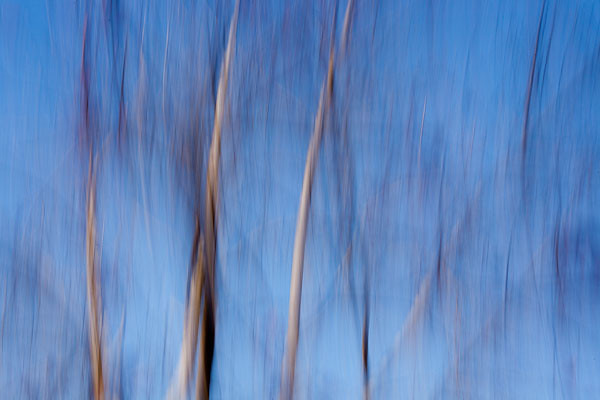
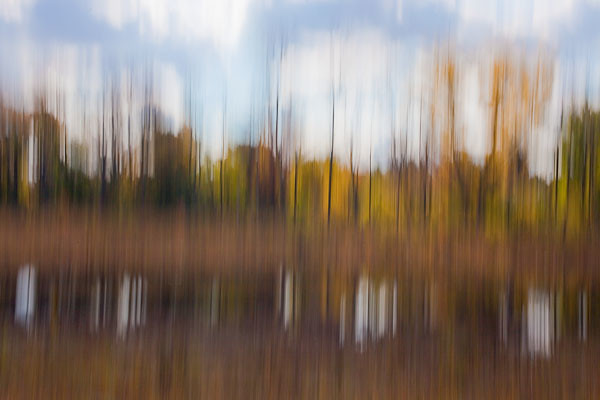
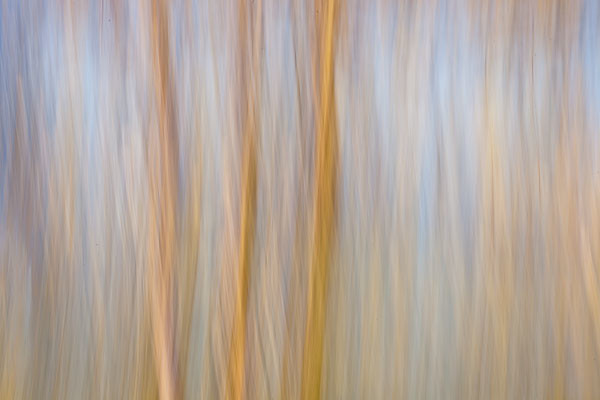
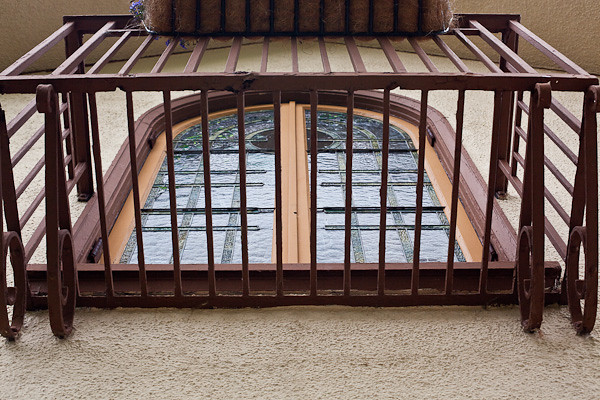


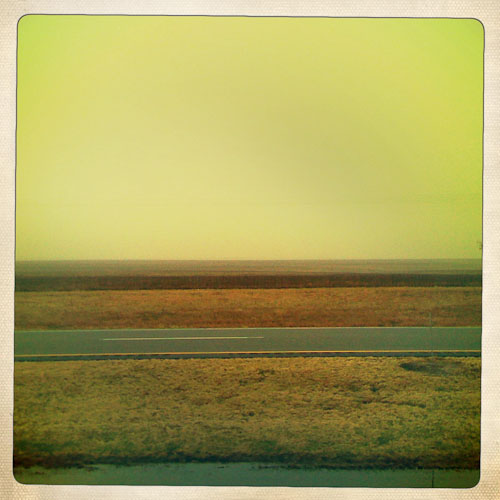

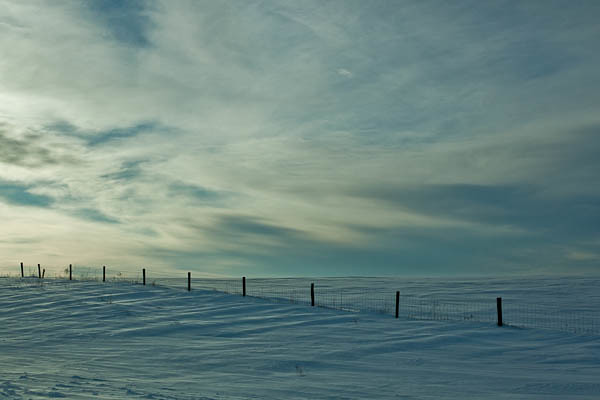







Oh..I love reading thru your ‘alphabet’ series. Even more so with the explanations and personal intentions and meanings attached. Wonderful..creative series.
Wishing you a new year filled with endless creativity and light!
These are some of my favorite posts to write – thinking back over the past year and distilling a mishmash of ideas into a sequential alphabet. Thanks, Marcie.
These alphabets are wonderful. I’ve loved all of them for different reasons, but this one, where you explain life through a camera, is very special.
Thrilled that you think this post special. While I wrote it, I felt very inspired, and loved the idea of comparing how we look at different kinds of photography.
I’m really enjoying your series this year, learning a little about your process. Happy New Year, Bo. 🙂
I find your Birches in Sunlight to be an especially effective abstraction. Nicely done.
Wonderful – the lines photo in particular.
Again, a work of art, your post. I adore your kinetic photographs – you know how I am. Also, the lines. I missed the cloud completely until reading your words, as I concentrated solely on the diagonal shadowing. I DID see three lights. It is funny how “minimalistic” means less – that Kansas shot – wow. Everything, wow. XO